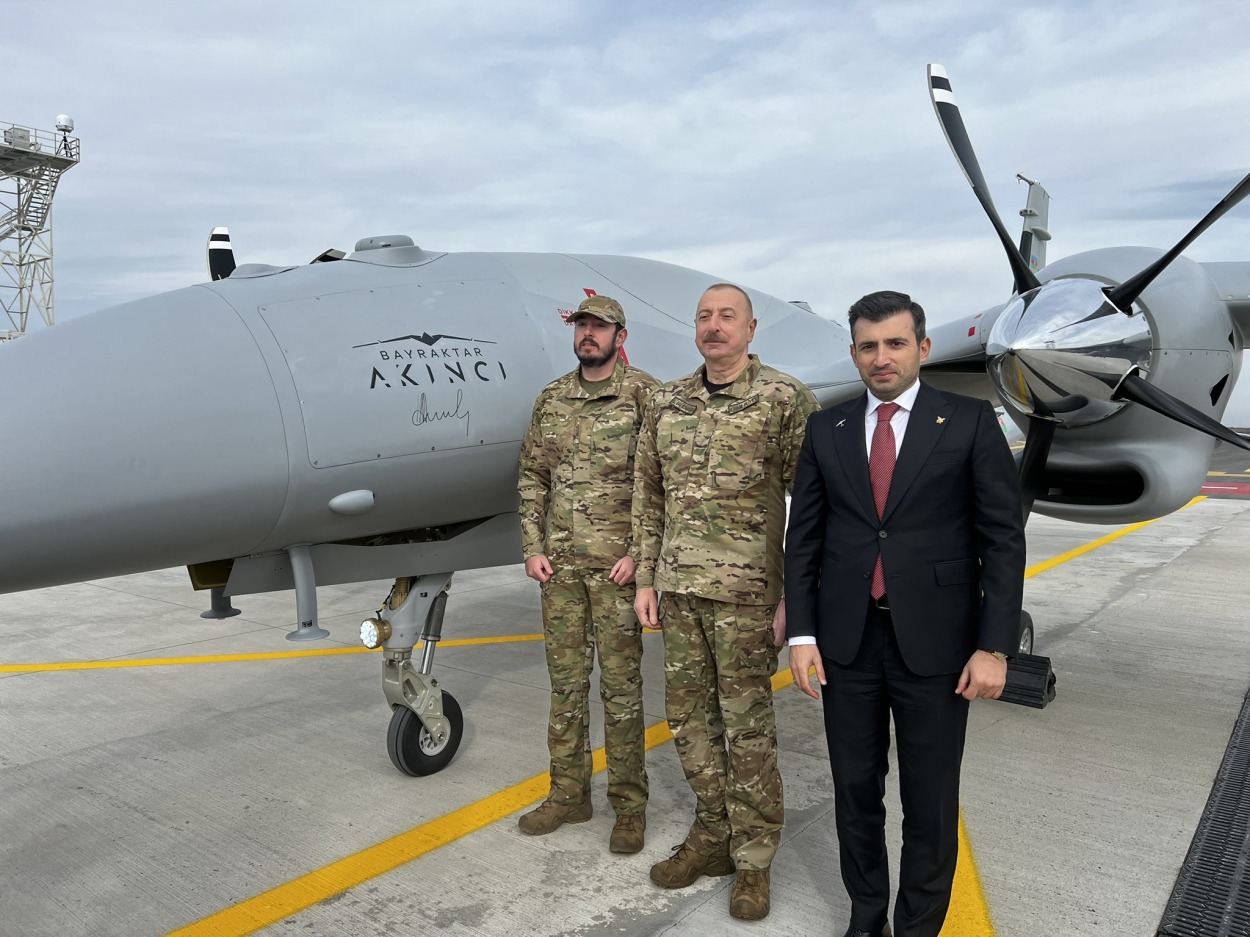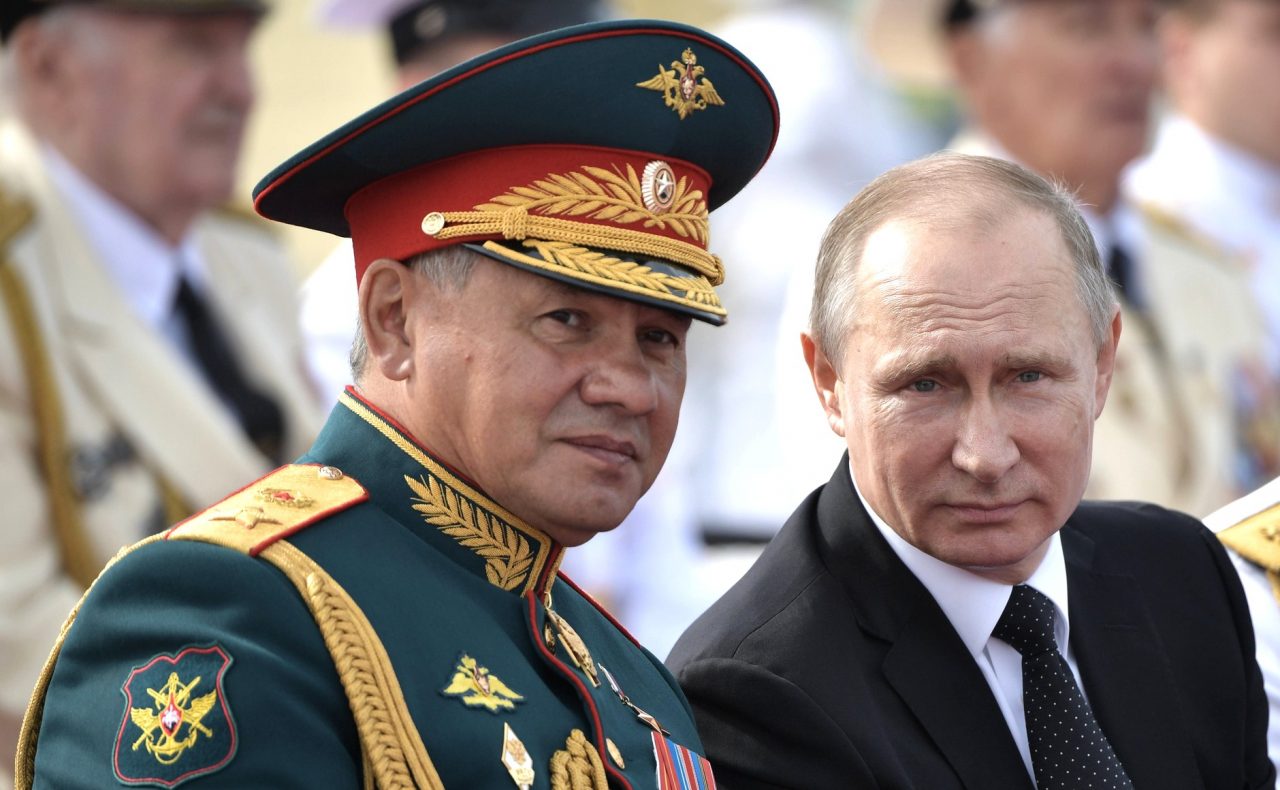Where does Iran stand? As the world order stands now, Iran is walking on a thin line. The mullahs-led government must give up its anti-US, anti-Israel stand and repair relations with Armenia, its Caucasian neighbor, or face problems in maintaining its balance on the chessboard of Caucasian politics.
Why Nuclear-Armed Pakistan Remains Silent Spectator Of Israeli “Aggression” In The Middle-East?
With a huge backlog of anti-Israel animus, anti-US torment, the constraint of an imposed but loathsome rapprochement with arch-enemy Saudi Arabia, and bogus conservatism as the only means of administering a restive society, Iran’s ecclesiastical regime is on the horns of a dilemma when asked to define its status in the background of the current global world order.
Unlike Turkey, Iran does not nurture the fantasy of leading the Muslim world because, in terms of factional Islam, Shia Iran is an inconsequential minority. The much-touted “export of Iranian Islamic revolution” of the Ayatollah Khomeini days has lost its validity and force.
Iran has jumped onto the bandwagon of two superpowers poised against the Western world. The irony is that a rabid propagator of “enlightened and divinely ordained sharia law” that Tehran’s theocratic regime is, has joined hands with the world’s two most powerful atheist states that have dumped the God but also the ordained religions and the prophets sent to earth. How is Iranian theocracy going to balance the dichotomy while playing the third fiddle in the China-Russia-Iran trinity?
The Caucasus
The Caucasus states federated with the Soviet Union under Stalin’s plan to raise the Soviet State. Some of these states, like Azerbaijan, Chechnya, and Georgia, had large Muslim populations.
History tells us that soon after the Soviet Union’s implosion, the option of separation by many federating units, including those in the Caucasus region, led to the awakening of a different type of nationalism in the erstwhile Soviet state.
That nationalist orientation revolted against Moscow and declared the independence of their states. Along with the nationalist passion that characterized the uprising in these states, the aggressive Islamic factor tried to influence these secessionist states to inculcate Islamic ideology among the youth.
The two trans-Caspian states of Azerbaijan and Armenia had been bracketed with Soviet Central Asia. Under Soviet power, these two states were governed by the same principles as the other five Central Asian states.
Owing to their long association and proximity with the Caucasian states, the two Trans-Caspian states imbibed elements of Caucasian civilization as well. At the same time, both these states were part of the great ancient Sassanian Empire of Iran.
Azerbaijan, in particular, because it was the army headquarters of that empire from which the name is derived (Azer-pad-gan meaning the headquarters of the army fire). Iranian civilizational elements remained prominently embedded in their contemporary culture. For example, Iranian linguists and archaeologists usually depended on the spoken language in these two states for linguistic and etymological research in the Farsi language.
Iran – Azerbaijan Détente
Iran’s new diplomatic push for the Caucasus springs from two contemporary events, viz., Azerbaijan’s re-conquest of the Nagorno-Karabakh enclave and the Russian invasion of Ukraine.

The changed geopolitical imperative has forced Iran to reset its relations with Azerbaijan because of an important role the latter is presumably going to play. Earlier, Azerbaijan’s Shia majority complexion was enigmatic to Iran. At the same time, Iran’s traditionally smooth ties with Armenia had begun to come under stress.
In 2023, Azerbaijan withdrew its diplomatic personnel in Tehran when the Azeri embassy was attacked in Tehran, and one official was killed. However, last March Azeri and Iranian foreign ministers met on the occasion of an Organisation of Islamic Cooperation (OIC) meeting in Saudi Arabia and agreed to resume diplomatic ties.
And, before the last year was out, Tehran and Baku signed an agreement to construct the Aras rail corridor that would connect mainland Azerbaijan with the Nakhchivan exclave via Iranian territory.
Iran-Armenia Relations Freeze
Traditionally, Iran and Armenia maintained normal and non-hostile relations for a long time for various strategic and non-strategic reasons. A large number of Armenians live in Iran and are part of Iranian society. They are mostly from the business class but have also been occupying important positions in the administration and army of Iran.
While the two foreign ministers of Iran and Azerbaijan were negotiating the revamping of bilateral ties on the sidelines of the Riyadh OIC meet, Armenian defense minister Suren Papikyan was on a visit to Tehran for bilateral talks with Iranian officials.
During the talks, the Iranian leaders delivered a firm warning that Yerevan should not grow too close to “extra-regional” parties.
Eurasianet reported on April 4 that the Iranian side had remarked on the background of Yerevan’s recent cultivation of security ties with Western powers, including France and the United States. Armenian Prime Minister Nikol Pashinyan acknowledged that there were tensions with Iran.
Another aspect of this see-saw scenario in the twin Caucasian states is that Azerbaijan has developed a closeness to the US and Israel. This is a nightmare for Iran. However, given the tension caused by the Middle East war, Iran would like calm to prevail on its northern border, touching both Azerbaijan and Armenia.
A far more irritating and rather disturbing happening for Iran is the hard fact that the US and Israel both have been consistently weaponizing Iran’s sizable Azeri population against Tehran.
Armenian-Russia Chill
Armenia–Russia’s relations have passed from warm to cold owing to regional developments and changing strategies. Armenians nurse the grouse that Moscow has not kept its word of supporting Armenians against Azerbaijan’s aggressive stance and the capture of the Nagorno-Karabakh disputed enclave.

After all, Moscow had signed a security commitment to Yerevan but failed to honor it. Not realizing the seriousness of Russia’s war with Ukraine, Yerevan has been expecting Moscow to open another front in Trans-Caspia.
Militarily, this was not advisable from the Russian point of view. Therefore, Yerevan has begun to look to the West to diversify its security partners. In the process, since Israel surfaced as an active partner, Armenia’s relations with Iran have been adversely affected.
A dramatic permutation and combination is underway in the Caucasian region. Ignored by Moscow and harassed by Iranian cold-shouldering together with unmitigated belligerence by Azerbaijan, Armenia intends to apply for membership in the European Union.
If Yerevan is serious about that, the prerequisite is that Armenians make some major changes in their foreign policy to align with the framework of the Brussels module.
To bring about these changes, Armenia will have to abolish the visa-free regime with Iran and reorient its trade away from the Moscow-led Eurasian Economic Union with which Iran has signed a free trade agreement.
It must be noted that despite its warnings to Yerevan, Iran may not find it diplomatically advisable to disconnect from Armenia. There are forces within Iranian polity that strongly support the need for Iran to balance its position on the chessboard of Caucasian politics.
- Prof. KN Pandita (Padma Shri) is the former director of the Center of Central Asian Studies at Kashmir University.
- This article contains the author’s personal views.
- Follow EurAsian Times on X (formerly Twitter)




